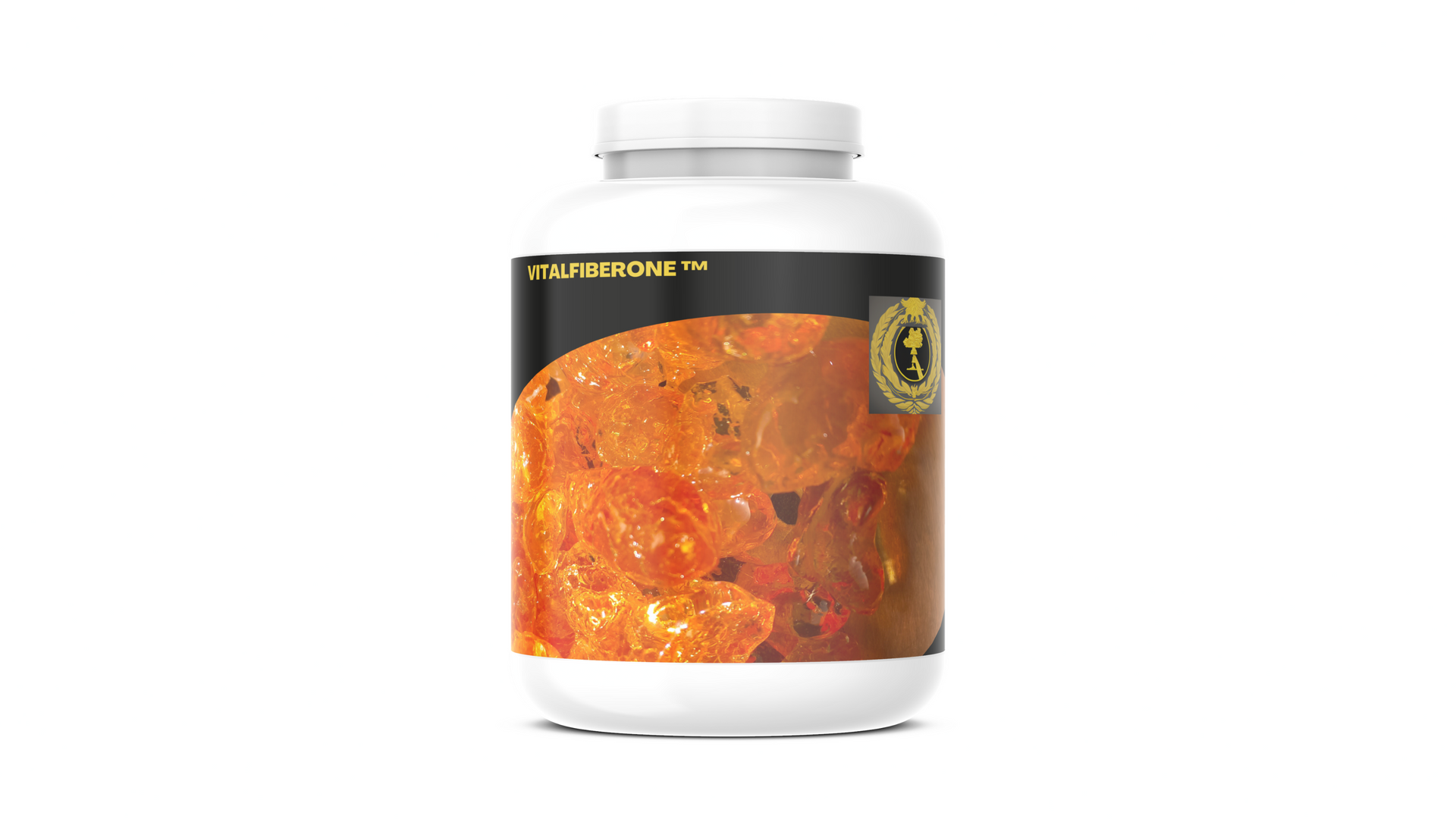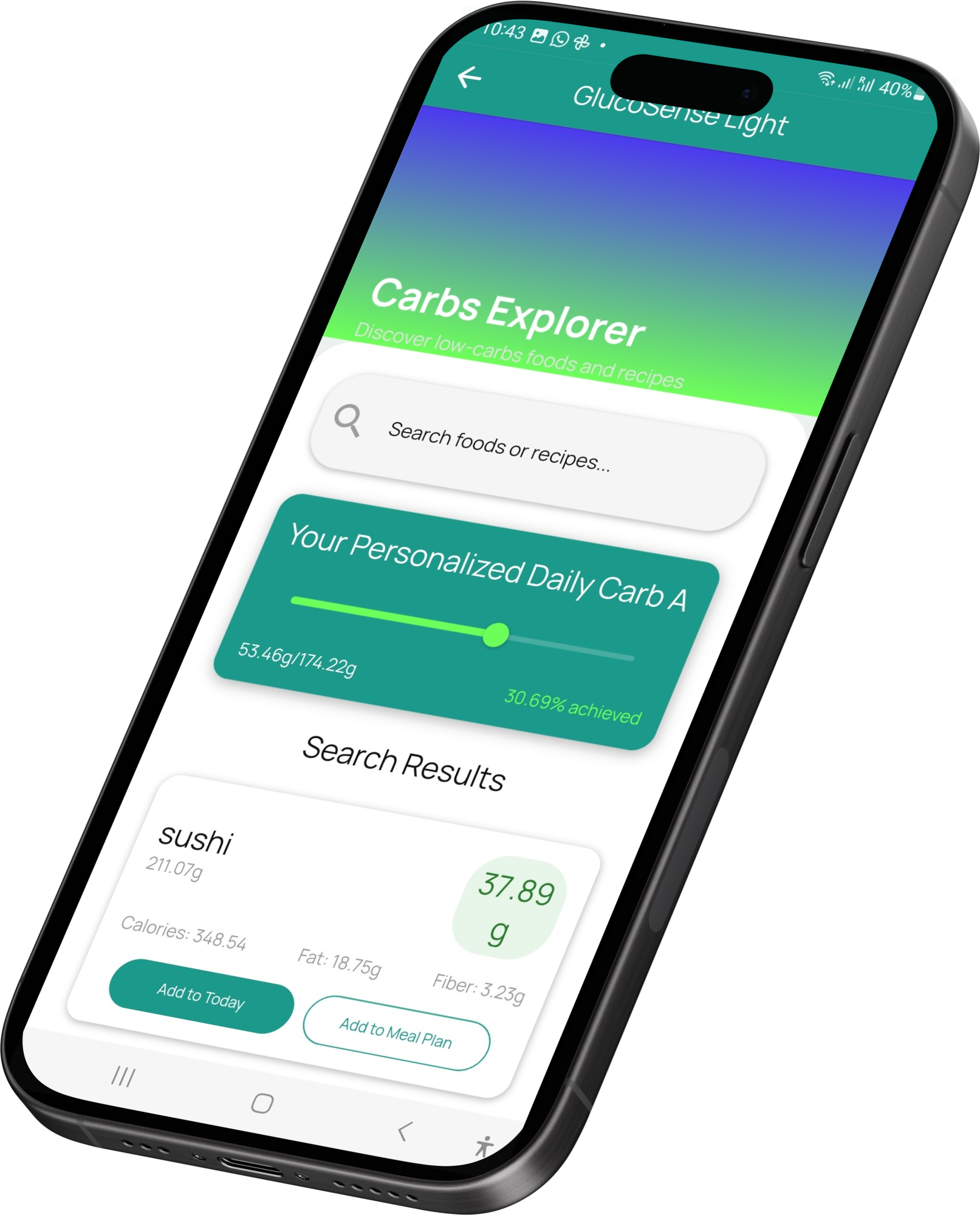Blog-Layout
Transform Your Digestive Health in 30 Days with Acacia Fiber
Dr. Emma Thompson • February 26, 2024
Transform Your Digestive Health in 30 Days with Acacia Fiber

In the bustling world of health and nutrition, the spotlight often shines on the latest superfood or trendy diet. However, the true gems of wellness are sometimes the simplest and most natural solutions. One such hidden treasure is acacia fiber, a powerful plant-based ingredient that can revolutionize your digestive health. Join us on a 30-day journey to discover how incorporating acacia fiber into your daily routine could be the key to unlocking a happier, healthier gut.
## What is Acacia Fiber?
Acacia fiber, also known as gum arabic or acacia gum, is harvested from the sap of the Acacia senegal tree, a plant native to parts of Africa, Pakistan, and India. It is a soluble fiber, which means it dissolves in water, and it's renowned for its gentle effects on the digestive system and its myriad of health benefits.
## Top Benefits of Acacia Fiber for Digestive Health
When we look at acacia fiber and its impact on digestive wellness, the benefits are both impressive and comprehensive. Here’s what the latest research has revealed:
### Supports Digestive Regularity
Acacia fiber is known to help in maintaining bowel regularity. It acts as a prebiotic, promoting the growth of beneficial gut bacteria which plays a vital role in keeping your digestive system running smoothly.
### Aids in Weight Management
Due to its high soluble fiber content, acacia fiber can help you feel full for longer periods, which can reduce overall calorie intake and support weight management goals.
### Promotes Gut Health
Being a prebiotic, acacia fiber feeds the friendly bacteria in your gut, which is essential for maintaining a healthy and balanced gut microbiome, crucial for overall health.
### Helps Manage Blood Sugar Levels
Acacia fiber slows down the absorption of sugar into your bloodstream, which helps to manage blood sugar levels, especially beneficial for those managing diabetes.
### Reduces Cholesterol Levels
The soluble nature of acacia fiber helps bind to cholesterol and fat within the digestive system, which can help in reducing overall cholesterol levels.
## How to Incorporate Acacia Fiber into Your Diet
Adding acacia fiber to your daily routine is easy and convenient. Here are some expert tips for seamlessly integrating it into your diet:
### Start with Supplements
Acacia fiber supplements are widely available and can be a simple way to ensure you're getting your daily dose. Start with a small amount and gradually increase it to allow your body to adjust.
### Blend it in Smoothies: Acacia fiber powder is virtually tasteless and mixes well, making it a perfect addition to your morning smoothie. It won't alter the flavor but will ramp up the fiber content.
### Power Up Your Breakfast: Sprinkle acacia fiber powder over your oatmeal or cereal to kick-start your digestion first thing in the morning.
### Bake with It: You can incorporate acacia fiber into your baking recipes. Whether it's bread, muffins, or pancakes, adding a bit of fiber can make your indulgences guilt-free and gut-friendly.
### Homemade Energy Bars: Create your own energy bars or balls with nuts, seeds, dried fruit, and a scoop of acacia fiber for a digestive health-boosting snack.
### Soups and Sauces: Stir some acacia fiber into your soups and sauces. It acts as a thickening agent and enriches your meals with the goodness of fiber without affecting the taste or texture.
## Crafting a 30-Day Plan for Optimal Results
To truly experience the transformative effects of acacia fiber, consistency is key. Here’s a simple plan to integrate it into your life over the next 30 days:
### Week 1: Introduction Phase
- **Day 1-3:** Start with half a teaspoon of acacia fiber each day.
- **Day 4-7:** Gradually increase to one teaspoon per day, noting how your body responds.
### Week 2: Integration Phase
- **Day 8-14:** Work your way up to two teaspoons per day, spread across different meals. Continue to monitor your body's response.
### Week 3: Optimization Phase
- **Day 15-21:** Now that your body is accustomed, increase to the recommended daily fiber intake through acacia fiber (make sure to check the supplement's label or consult with a healthcare provider).
### Week 4: Maintenance Phase
- **Day 22-30:** Maintain your optimal dose, and start reaping the full benefits, including improved regularity and gut health.
## Monitoring Your Progress and Adjusting As Needed
As you embark on your 30-day journey with acacia fiber, keep a diary to track your digestive health, noting changes in bowel habits, any digestive discomfort, and overall well-being.
Should you experience any adverse reactions, such as bloating or gas, scale back your intake and consult a healthcare professional to ensure that acacia fiber is right for you.
## Closing Thoughts on Acacia Fiber
Acacia fiber is more than just a dietary supplement; it's a connection back to nature and the profound wisdom found within it. Its gentle yet potent effects can help pave the way for not just a healthier digestive system, but a harmonious balance within your body.
Remember, individual responses to fiber supplementation can vary. It's always encouraged to listen to your body and make adjustments as necessary. And while acacia fiber is a powerful tool for digestive health, it's most beneficial when used in conjunction with a balanced diet rich in various nutrients.
## Embracing the Journey towards Digestive Wellness
By gradually integrating acacia fiber into your lifestyle, you'll not only improve your digestive health but also contribute to overall wellness. And it doesn't stop at the end of the 30 days. This journey is about creating sustainable habits that continue to support your health for years to come.
## The Takeaway: A Simple Addition for Long-lasting Health
In just 30 days, acacia fiber has the potential to form the cornerstone of your digestive health regimen. Simple to use and backed by the inherent wisdom of nature, it’s an ingredient that promises not just a healthier gut, but a foundation for overall vitality.
We encourage you to share your personal experiences, tips, and recipes that include acacia fiber. Let's build a community that thrives on shared knowledge and supports one another in the quest for better health.
Ready to begin your 30-day acacia fiber challenge? Here's to a transformative journey toward optimal digestive health, one spoonful at a time!
---
Are you feeling inspired to make a change in your digestive health? Acacia fiber might just be the simplest, yet most effective, step you can take today. Keep following our blog for more insights into natural remedies, dietary tips, and comprehensive wellness strategies. Together, let's achieve the epitome of gut health and beyond!
*Join us on this fiber-fueled journey to a healthier you.*

By VitalFiberOne Naturals Inc.
•
February 8, 2025
Revolutionize your diabetes care with the power of AI! Introducing GlucoAI Precision Technology, a game-changing innovation that's transforming the way we manage diabetes. This cutting-edge technology uses artificial intelligence to provide personalized insights and precise glucose monitoring, empowering individuals to take control of their health. Say goodbye to guesswork and hello to data-driven decision making. Learn how GlucoAI is revolutionizing diabetes care and improving lives.

By VitalFiberOne Naturals Inc.
•
January 24, 2025
Making grocery shopping a breeze for diabetics! GlucoSense is revolutionizing the way people with diabetes shop for groceries. With its innovative technology, GlucoSense makes it easy to identify and purchase diabetes-friendly food products. Say goodbye to hours of research and label-reading, and hello to a stress-free shopping experience. In this video, we'll show you how GlucoSense is changing the game for diabetics and making healthy grocery shopping a whole lot easier. Whether you're living with diabetes or know someone who is, this video is a must-watch!

By VitalFiberOne Naturals Inc.
•
December 20, 2024
Are you tired of feeling uncertain about your diabetes management? Do you have burning health questions that need answers? In this blog, our panel of diabetes experts are here to provide you with the clarity and confidence you need to take control of your health. From understanding blood sugar levels to managing medications and diet, our experts will cover it all. Get ready to have your most pressing questions answered and start living your best life with diabetes. Whether you're newly diagnosed or have been living with diabetes for years, this video is for you. So sit back, relax, and let's dive into the world of diabetes management together!

By VitalFiberOne Naturals
•
December 18, 2024
Indulge in the flavors of the Middle East with our Fiber Rich Baked Falafel recipe, served with a side of creamy Tahini Sauce! In this video, we'll show you how to make crispy on the outside, fluffy on the inside falafel using chickpeas, herbs, and spices, all while keeping it healthy and fiber-rich. The perfect vegetarian snack or meal option. Our tahini sauce recipe is a game-changer, made with tahini paste, garlic, lemon juice, and olive oil. It's creamy, tangy, and pairs perfectly with our baked falafel. Get ready to elevate your snack game with this easy-to-make and delicious recipe!

By VitalFiberOne Naturals Inc.
•
November 17, 2024
Unlock the secret to a healthier and fitter you with Fiber-Guru's 4 weeks FREE trial! In this blog, we'll introduce you to a revolutionary program designed to help you achieve your fitness goals and transform your body in just a few weeks. With Fiber-Guru, you'll get access to a comprehensive fitness plan, personalized coaching, and a supportive community to help you stay motivated and accountable. Say goodbye to fad diets and hello to a sustainable lifestyle that will leave you feeling energized, confident, and empowered. Try Fiber-Guru today and start your fitness journey with a 4-week free trial!

By VitalFiberOne Naturals Inc.
•
August 26, 2024
Are you trying to lose weight and wondering about the best time to eat? In this video, we dive deep into the optimal meal timing for weight loss. Should you prioritize a smaller breakfast, a moderate lunch, or a light dinner? We explore the science behind meal timing and its impact on your metabolism, hunger levels, and overall weight loss journey. Discover the pros and cons of each meal and learn how to structure your eating schedule for maximum results. Whether you're a breakfast lover or a dinner devotee, this video provides valuable insights to help you make informed choices. Don't miss out on tips and strategies that can transform your eating habits and support your weight loss goals! Tune in and find out the best time to eat for effective and sustainable weight loss. Remember to like, comment, and subscribe for more health and wellness tips!






